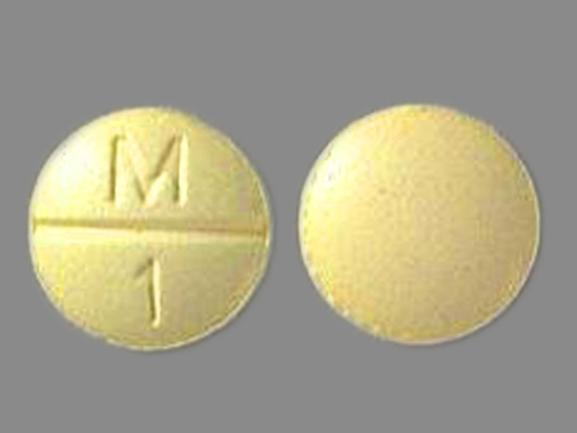Clorpres Interactions
There are 595 drugs known to interact with Clorpres (chlorthalidone/clonidine), along with 16 disease interactions, and 2 alcohol/food interactions. Of the total drug interactions, 54 are major, 513 are moderate, and 28 are minor.
- View all 595 medications that may interact with Clorpres
- View Clorpres alcohol/food interactions (2)
- View Clorpres disease interactions (16)
Most frequently checked interactions
View interaction reports for Clorpres (chlorthalidone / clonidine) and the medicines listed below.
- allopurinol
- amlodipine
- Apresoline (hydralazine)
- atenolol
- baclofen
- Biotin Forte (multivitamin)
- bisoprolol
- Citrate of Magnesia (magnesium citrate)
- Clorfed (chlorpheniramine / pseudoephedrine)
- Cytomel (liothyronine)
- duloxetine
- Effexor (venlafaxine)
- emtricitabine / tenofovir disoproxil
- enalapril
- gabapentin
- irbesartan
- isosorbide
- Lantus (insulin glargine)
- Metoprolol Succinate ER (metoprolol)
- Metoprolol Tartrate (metoprolol)
- minoxidil
- Novolog (insulin aspart)
- Paxil (paroxetine)
- potassium chloride / sodium chloride
- raltegravir
- spironolactone
- Tramadol Hydrochloride ER (tramadol)
- Vitamin D3 (cholecalciferol)
Clorpres alcohol/food interactions
There are 2 alcohol/food interactions with Clorpres (chlorthalidone / clonidine).
Clorpres disease interactions
There are 16 disease interactions with Clorpres (chlorthalidone / clonidine) which include:
- anuria
- electrolyte losses
- liver disease
- lupus erythematosus
- renal function disorders
- bradyarrhythmia
- depression
- hypotension
- renal dysfunction
- sedatives/alcohol
- asthma
- diabetes
- hyperlipidemia
- hyperparathyroidism
- hyperuricemia
- thyroid function tests
More about Clorpres (chlorthalidone / clonidine)
- Clorpres consumer information
- Compare alternatives
- Drug images
- Side effects
- Dosage information
- During pregnancy
- Drug class: antiadrenergic agents (central) with thiazides
Related treatment guides
Drug Interaction Classification
| Highly clinically significant. Avoid combinations; the risk of the interaction outweighs the benefit. | |
| Moderately clinically significant. Usually avoid combinations; use it only under special circumstances. | |
| Minimally clinically significant. Minimize risk; assess risk and consider an alternative drug, take steps to circumvent the interaction risk and/or institute a monitoring plan. | |
| No interaction information available. |
See also:
Further information
Always consult your healthcare provider to ensure the information displayed on this page applies to your personal circumstances.


